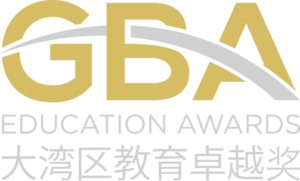STEAM - Pre-conference and Workshops
21CLHK9 STEAM Mini Keynotes
For the first time at 21CLHK, we’ll have a series of 21C MiniKeynotes covering the various aspects of this important conference theme
Lian Pin Koh - Drones in Education
Drones are taking the world by storm and educators are increasingly interested in how they can use them to create authentic learning experiences. Dr. Lian Pin Koh from the University of Adelaide will describe how he has adapted drones to protect the world’s forests and wildlife. The techniques Dr. Koh has used can be applied to the K-12 education contexts allowing students to engage in real science and discover more about the bigger world around them.
What the E? - Demystifying Engineering in STEAM - Sylvia Martinez
This will look at how engineering design can be integrated into the K-12 curriculum. Examples and resources will be shared that put the E in STEAM. Engineering can and should occur across the curriculum with a wide variety of materials and experiences to support equity and inclusion.
To Fix the STEM Skills Shortage, we Must Close the Gender Gap - Kimberly Mecham
Explore the correlation between the shortage of STEM workers and the gender gap that exists in these fields. She will explain how starting STEM education early can address both issues and offer strategies for integrating STEM lessons into K – 8 curriculums by providing examples of how educators at St. Thomas School have integrated STEM into students’ academic journeys from an early age.
Why the A in STEAM? - Brittany Morgan & Peter Hennigar
The importance of the arts in a scientific approach to learning. When we realized that design thinking, scientific process, implementing visual art techniques, etc. were are all based on the same pedagogical approaches – we decided to integrate them together as much as possible. This had a direct impact on our student’s learning. The marriage of the artistic & scientific thinking allows us to give real world context to learning.
The M in STEAM -Tim Carell
How can we use opportunities in other school subjects to reinforce the idea that mathematics plays a role in everything. How does computer technology provide a bridge to access wider applications of mathematics and what are the essential and most important skills for mathematics students now and in the future. Many fields of Mathematics benefit from context. The situation provides meaning. More and more the calculations are becoming trivial and can be automated, but asking good questions, finding an approach, good data and using or communicating results with understanding becomes very important.



